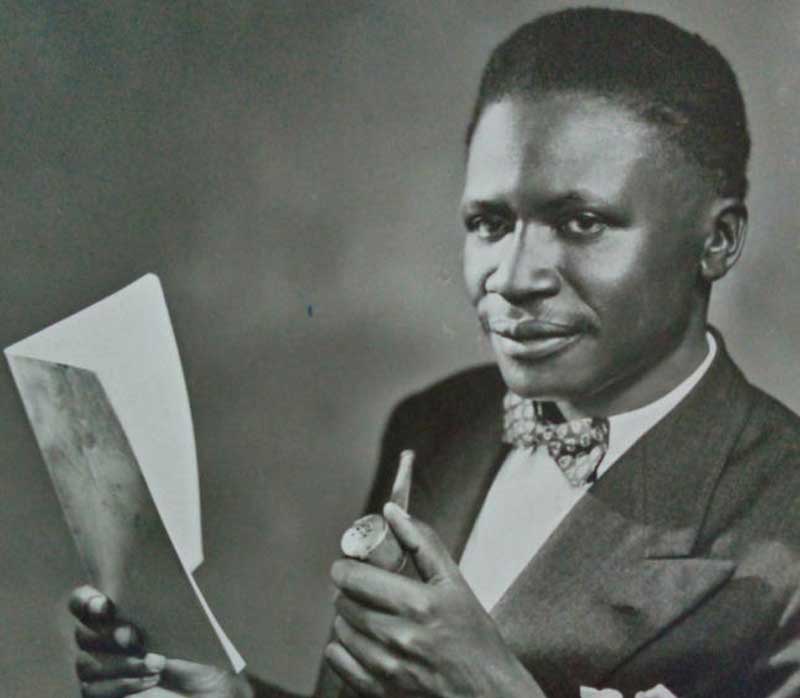×
The Standard e-Paper
Fearless, Trusted News

It takes one an unguarded moment for a restless young man to lose his luggage in a strange country. The broke young man with messianic mission was exposed to the rough side of the land of the Pharaohs.
This is the riveting story of a young journalist, Wycliffe Awori forced to wander in the wilderness of Cairo, Egypt, leaving his mission returning home Kenya’s future ‘messiah’, Jomo Kenyatta in abeyance.